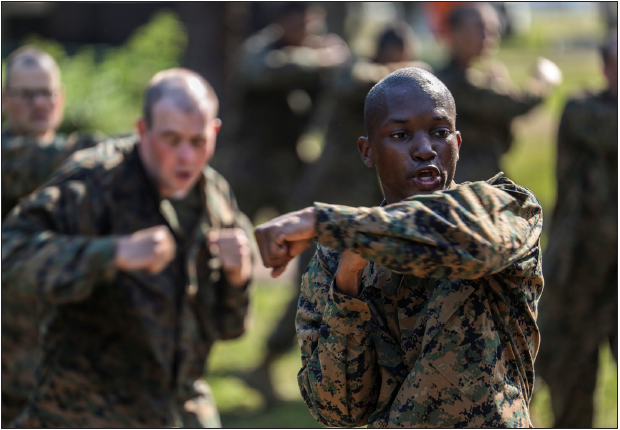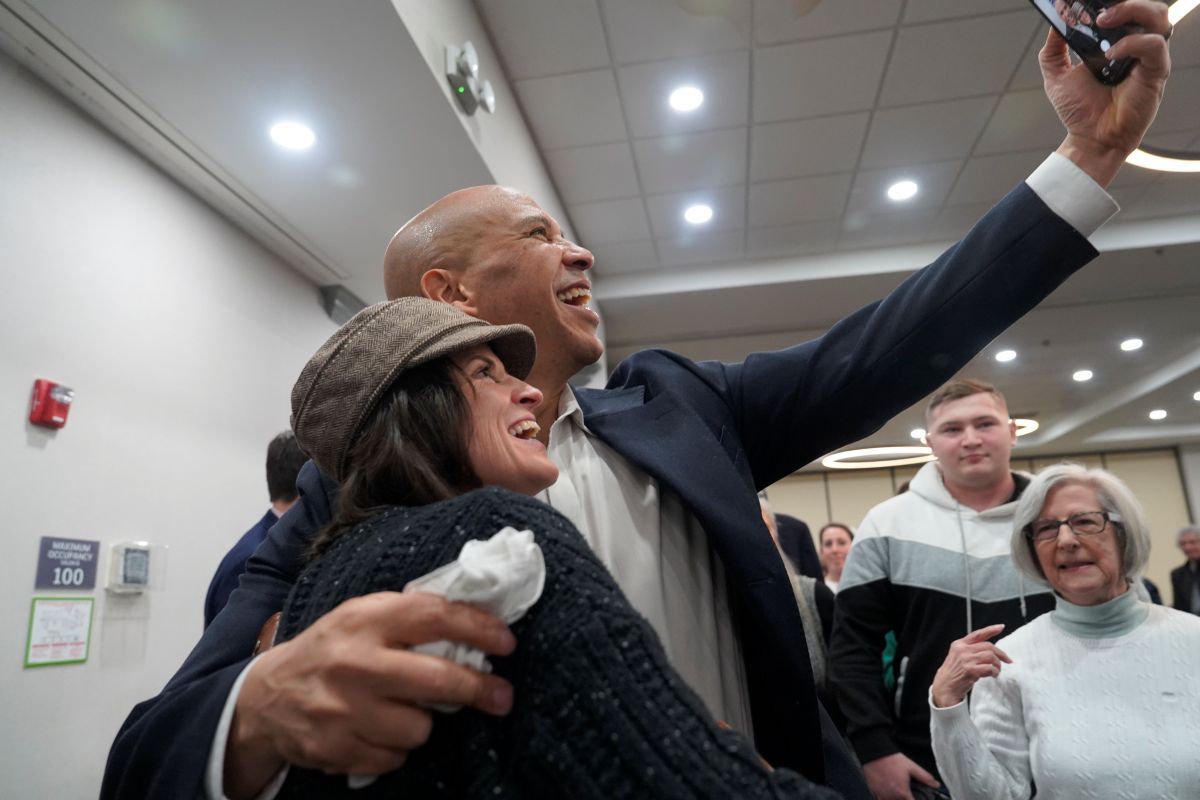What is Qualified Immunity? Qualified immunity dates back to 1871 and is a defense frequently invoked by government employees, including police officers, accused of violating a person’s constitutional rights. Qualified immunity applies to civil suits brought against police officers and other government employees. Qualified immunity applies only to government officials in civil litigation, and does not protect the government itself from suits arising from officials’ actions.
Qualified immunity is not unqualified or total. There is no such total immunity that prevents a police officer from being internally disciplined, re-trained, fired, losing his or her certification, or being criminally charged.
Proponents of the current rule argue that qualified immunity is needed so public officials can perform their duties without hesitation. Supporters of qualified immunity argue that it is needed to protect police officers who have to make snap judgments, under tremendous stress, while in danger, sometimes in low visibility conditions, and with limited information, in the line of duty. Supporters of qualified immunity also say it is needed because lawsuits won against public officials almost always end up being paid for by the government entity and the financial burden of loosening the qualified immunity standard would fall to local and state governments and taxpayers.
Critics say that qualified immunity makes it nearly impossible to hold officers and other government officials accountable in civil court. Opponents to the current qualified immunity standard argue that the “clearly established rights” standard is so high that victims can only win if they can point to a case with nearly identical facts and circumstances. Given this high bar, critics maintain public officials are not accountable for their actions, and victims effectively have no remedy under the law for violations.
The Supreme Court has certainly set a high standard for pursuing lawsuits over official misconduct. Officers’ behavior must violate clearly established laws or constitutional rights, and courts have found it seldom does because almost every specific allegation is different.
Some cities and states have taken steps to end the practice of qualified immunity while debate continues at the national level. Colorado became the first state to ban qualified immunity for police officers in June 2020. On March 25, New York City Council voted to end qualified immunity for police officers, becoming the first city in the country to do so. In April of 2021, New Mexico Gov. Michelle Grisham signed a bill ending the provision for all government workers.
At the national level, The George Floyd Justice in Policing Act (H.R.7120) was recently approved, nearly along party lines, by the U.S. House of Representatives. The legislation would eliminate qualified immunity for police officers nationwide and make other changes in policing policies, like banning chokeholds. This bill addresses a wide range of policies and issues regarding policing practices and law enforcement accountability. It includes measures to increase accountability for law enforcement misconduct, to enhance transparency and data collection, and to eliminate discriminatory policing practices.
The bill facilitates federal enforcement of constitutional violations (for example, excessive use-of-force) by state and local law enforcement. Among other things, it does the following:
lowers the criminal intent standard—from willful to knowing or reckless—to convict a law enforcement officer for misconduct in a federal prosecution,
limits qualified immunity as a defense to liability in a private civil action against a law enforcement officer or state correctional officer, and
authorizes the Department of Justice to issue subpoenas in investigations of police departments for a pattern or practice of discrimination.
The bill also creates a national registry, the National Police Misconduct Registry, to compile data on complaints and records of police misconduct. It establishes a framework to prohibit racial profiling at the federal, state, and local levels. The bill also establishes new requirements for law enforcement officers and agencies, including to report data on use-of-force incidents, to obtain training on implicit bias and racial profiling, and to wear body cameras.
Many police officers and some Fraternal Order of Police organizations are cautiously on board with many police reform ideas being pushed out at the local, state, and federal levels. Many in law enforcement can accept concepts such as more training, body cameras with reasonable policies, oversight boards with fair processes, and databases to keep officers with bad records from getting rehired.
However, most in law enforcement are against ending the judicial doctrine of qualified immunity and believe that ending this protection, would allow cops to be subject to never ending lawsuits over their conduct. In general, COPs and many others believe that qualified immunity is a very important tool for law enforcement, and if those safeguards were removed, it could have a huge negative impact, not just on today’s law enforcement, but the recruiting and retention of qualified people.
Qualified immunity certainly presents difficult decisions for anyone considering filing a legal action against a public official. If you think your civil rights have been violated, contact a civil rights attorney who can help evaluate your case and advise you on what to do.
Larry Dandridge is an honors graduate of three police academies and a DoD Counter Terrorism course graduate. He served as a police officer and deputy sheriff in AL and MO. He has also worked as a consultant with the Federal Law Enforcement Training Center in GA and SC, and the Military Police and Customs operations in TX. An accomplished writer and motivational speaker, the owner of TVV Publishing, a retired Army Test Pilot, the author of the award-winning BLADES OF THUNDER (book One), a retired Aerospace Industry Region Manager, a past University Business, Writing, and Aeronautics Instructor, and volunteer Patient Adviser at the RHJ VA Medical Center, he writes two columns, as a free-lance writer, for the ISLAND NEWS, the Veterans Benefits Column and the What Citizens Should Know About Policing Column. You can contact Larry at his email, LDandridge@earthlink.net.
EDITOR’S NOTE
This is column 10 of a 12-column series on what citizens should know about police officers, use of force, and challenges the police and citizens face. Columns 1 through 9 introduced the series by answering the questions:
1. What are the risks involved in police work?
2. How does a COP (Constable on Patrol) decide on what level of force to use?
3. When can a police officer use deadly force?
4. When can deadly force be used on a fleeing felon?
5. Do life and death decisions made by police really have to be made so quickly?
6. What does the Beaufort County Sheriff’s Office do for Beaufort County?
7. Do police officers take care to avoid hurting innocent bystanders?
8. Do police officers have to retreat when facing a dangerous person?
9. Can a police officer be unfit to serve, even if they do not break the law?
10. Do police officers have to retreat when facing a dangerous person?
11. Can a police officer be unfit to serve, even if they do not break the law or violate department written policies?
12. Why do police officers not hot pursue and chase down every person who runs from them in a vehicle?
13. Why do police officers sometimes use choke holds on people?
14. Why do the police not shoot guns and other weapons out of people’s hands?
15. Why do police sometimes use deadly force on people brandishing a Fake Gun?
16. Why do the police not read everyone their Miranda rights?
17. How does a police officer deal with a person with a knife or other edged weapon?
18. Why do many police officers have second jobs?
19. How much training does a police officer get?
20. How many police departments are there and how many COPS are on the job per 1,000 citizens?
21. Are all police departments certified by the Commission on Accreditation for Law Enforcement Agencies (CALEA)?
22. How thorough are the background checking, screening, testing, and interviewing, of police recruits and officers transferring from one department to another?
23. Why do police departments need armored cars and other military types of equipment?
24. Are Driving While Impaired (DWI) and Driving Under the Influence (DUI) really all that serious crimes?
These columns are not meant to replace carefully reading local, county, state, and federal law or the need for a lawyer when seeking legal advice.
Larry Dandridge is not an employee of THE ISLAND NEWS and his opinions are his alone. Readers should rely on their local police and sheriff’s departments, federal law enforcement agencies, and their attorneys for all law enforcement information and legal advice. Although every precaution has been taken in the preparation of these articles, the publisher and author assume no responsibility for errors or omissions. Neither is any liability assumed by the author or THE ISLAND NEWS for damages resulting from the use of information contained herein.








